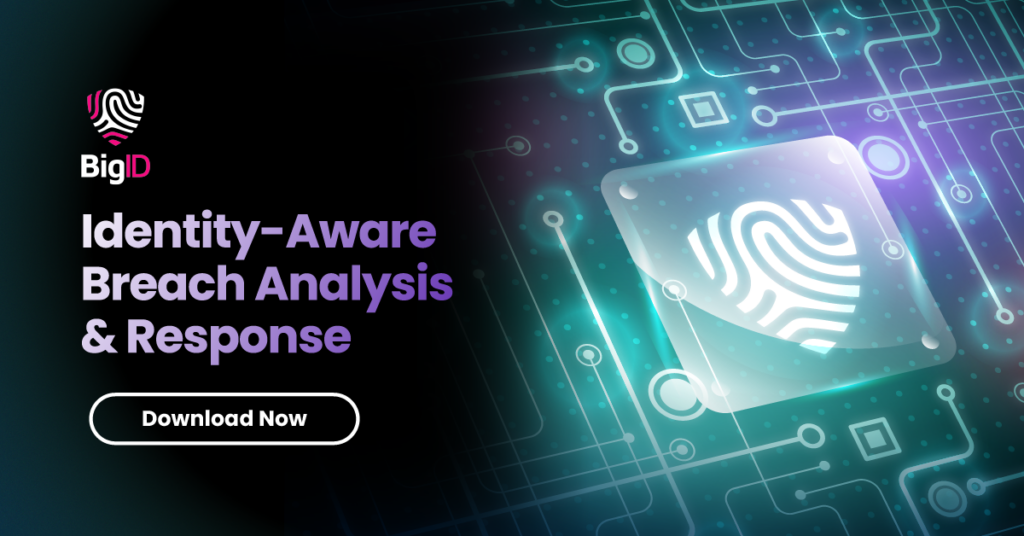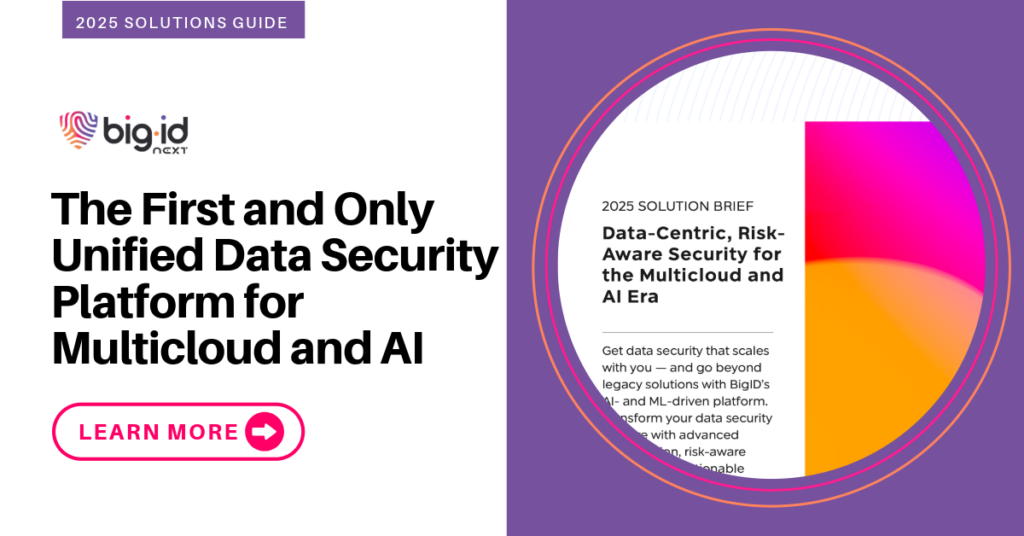Imagine that you have entrusted your personal information to a company or organization. You have provided them with your name, address, phone number, and maybe even your social security number. You trust that they will keep this information safe and secure. However, one day you receive a notification that the company has suffered a data breach, and your personal information may have been exposed.
This can be a very scary and unsettling experience. Not only do you have to worry about the immediate consequences of the breach, such as the potential for identity theft or fraud, but you also have to worry about the long-term implications. Your personal information may now be in the hands of cybercriminals who could use it for malicious purposes.
The impact of a data breach on individuals can be devastating. It can cause financial loss, damage your credit score, and emotional distress. You may have to spend hours or even days sorting through your finances, canceling credit cards, and changing passwords to ensure that your personal information is secure. You may also have to deal with the stress and anxiety that comes with the possibility of identity theft.
A data breach can also have a long-lasting impact on your trust in companies and organizations. If a company that you trusted to keep your information safe fails to do so, you may be hesitant to provide personal information to other companies in the future. This could impact your ability to participate in online activities such as shopping, banking, or social media.
How Companies Respond to Data Breach Matter
It’s important for companies and organizations to take the necessary steps to prevent data breaches and be transparent and responsive when they occur. As an individual, it’s also important to take steps to protect your personal information and to be vigilant for signs of identity theft or fraud.
Companies can take several steps to lower the risk of a data breach and minimize its impact on individuals:
- Implement strong security measures: Companies should invest in robust cybersecurity measures such as firewalls, encryption, and multi-factor authentication. They should also regularly update software and systems to ensure that they are protected against new threats.
- Train employees: Employees can be a weak link in cybersecurity, so it is important to educate them on best practices for data security. Companies should provide regular training on password hygiene, phishing scams, and how to identify suspicious activity.
- Limit access to data: Companies should only give employees access to data that is necessary for their job function. This can help prevent accidental or intentional data leaks.
- Use third-party services judiciously: Companies should be cautious when using third-party services, such as cloud providers or payment processors. They should vet these services carefully and ensure that they have strong security measures in place.
- Have a breach response plan: Companies should have a plan in place for how to respond to a data breach. This should include a clear communication plan for notifying affected individuals and law enforcement.
Implementing these measures, companies can lower the risk of a data breach and minimize its impact on individuals. This can help preserve trust in the company and prevent financial loss and emotional distress for those affected.

Consequences of a Data Beach – The Stats
According to recent statistics, data breaches continue to have a significant impact on individuals:
- The average cost of a data breach is $4.24 million: The Ponemon Institute’s 2021 Cost of a Data Breach Report found that the average cost of a data breach increased by 10% in 2021 to $4.24 million. This includes costs such as investigation, remediation, legal fees, and lost business.
- Identity theft is the most common consequence of a data breach: A 2021 report by the Identity Theft Resource Center found that 57% of data breaches resulted in identity theft. This includes unauthorized access to financial accounts, opening new accounts in the victim’s name, and using personal information for other fraudulent activities.
- Small businesses are increasingly targeted: The 2021 Verizon Data Breach Investigations Report found that 28% of data breaches involved small businesses. This is a significant increase from previous years and highlights the importance of small businesses implementing strong cybersecurity measures.
- The healthcare industry is most affected by data breaches: The same Verizon report found that the healthcare industry had the highest number of data breaches (39%). This includes both physical theft of devices containing patient information and cyberattacks on healthcare systems.
- The COVID-19 pandemic has increased the risk of data breaches: A 2021 report by Tessian found that the pandemic has increased the risk of data breaches, as remote work has made it more difficult for companies to monitor and secure data. The report found that 43% of employees have made mistakes that have put sensitive information at risk while working remotely.
These statistics show that data breaches continue to be a significant threat to individuals and businesses alike. It is important for individuals to take steps to protect their personal information and for companies to implement strong cybersecurity measures and have a plan in place for responding to a breach.
Reducing Data Breach Impacts with BigID
BigID is a data privacy and protection platform that helps organizations reduce the risk of data breach impacts by providing a holistic solution to manage and protect their sensitive data. Using advanced AI and machine learning, BigID provides deep data discovery across all data repositories, including multi-cloud and on-prem— enabling organizations to easily locate, identify, and classify all their enterprise data.
BigID’s platform provides next-gen automation for privacy, security, and governance. The Security Suite features tools like the Data Remediation App which empowers organizations to manage, assess, and take proactive action to reduce risk on regulated and highly sensitive data. Easily protect PII and automate data rights fulfillments from access to deletion in BigID’s Privacy Suite. Quickly and accurately investigate breach impact and respond appropriately with BigID’s Breach Data Investigation. BigID can identify potential security incidents and alert security teams in real-time.
To give your privacy and security teams a leg up on data breach incidents, get a 1:1 demo with BigID today.



